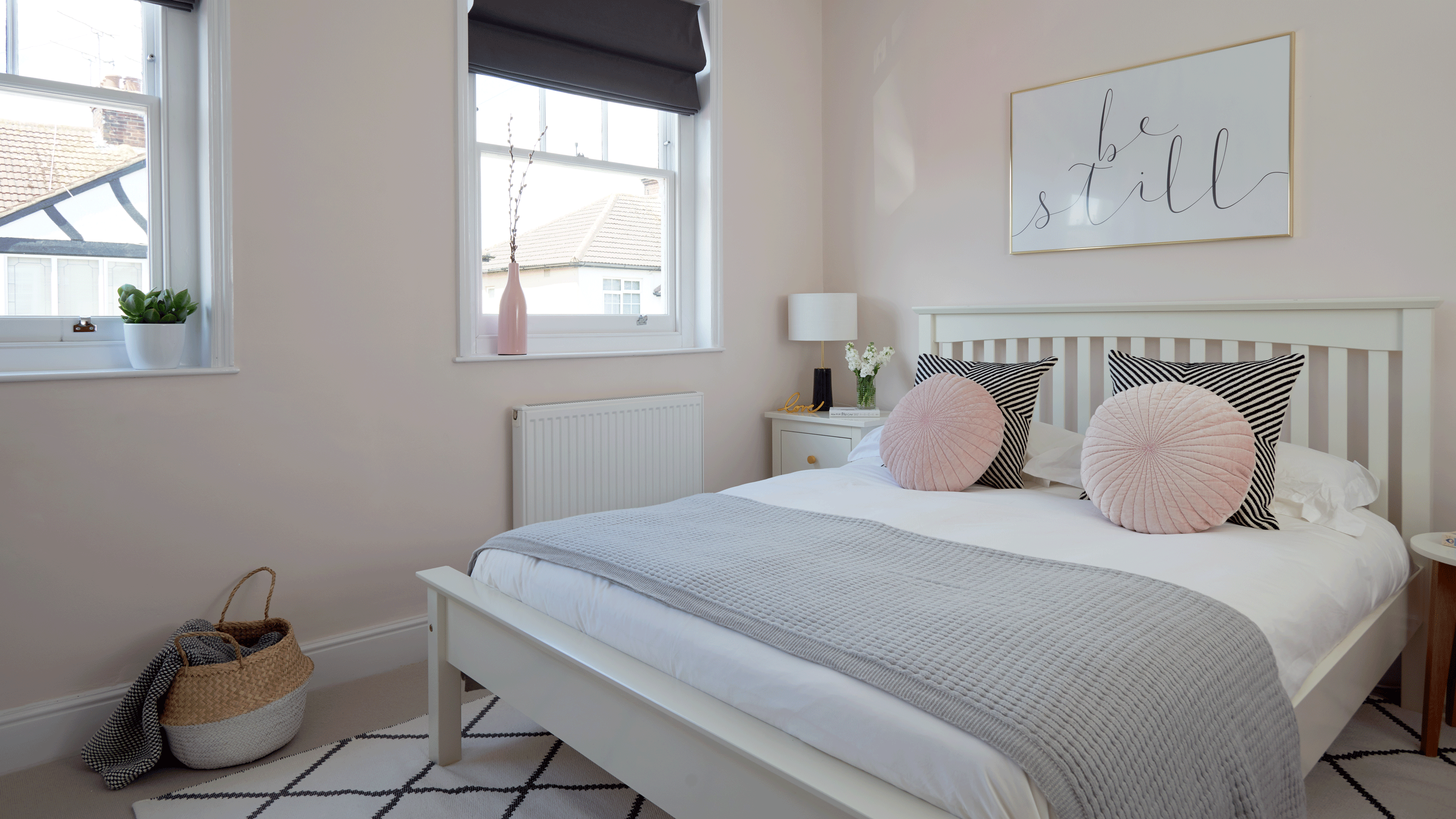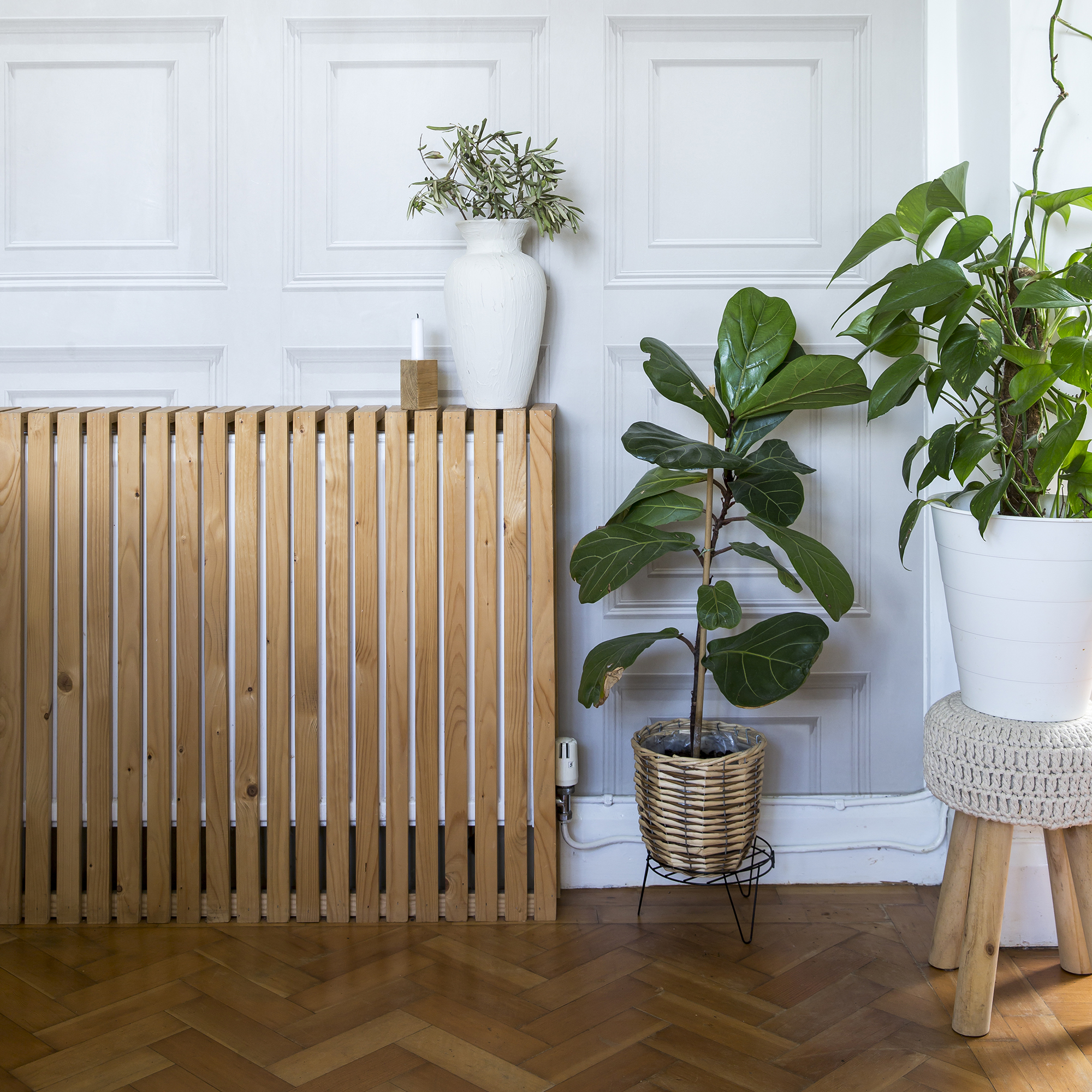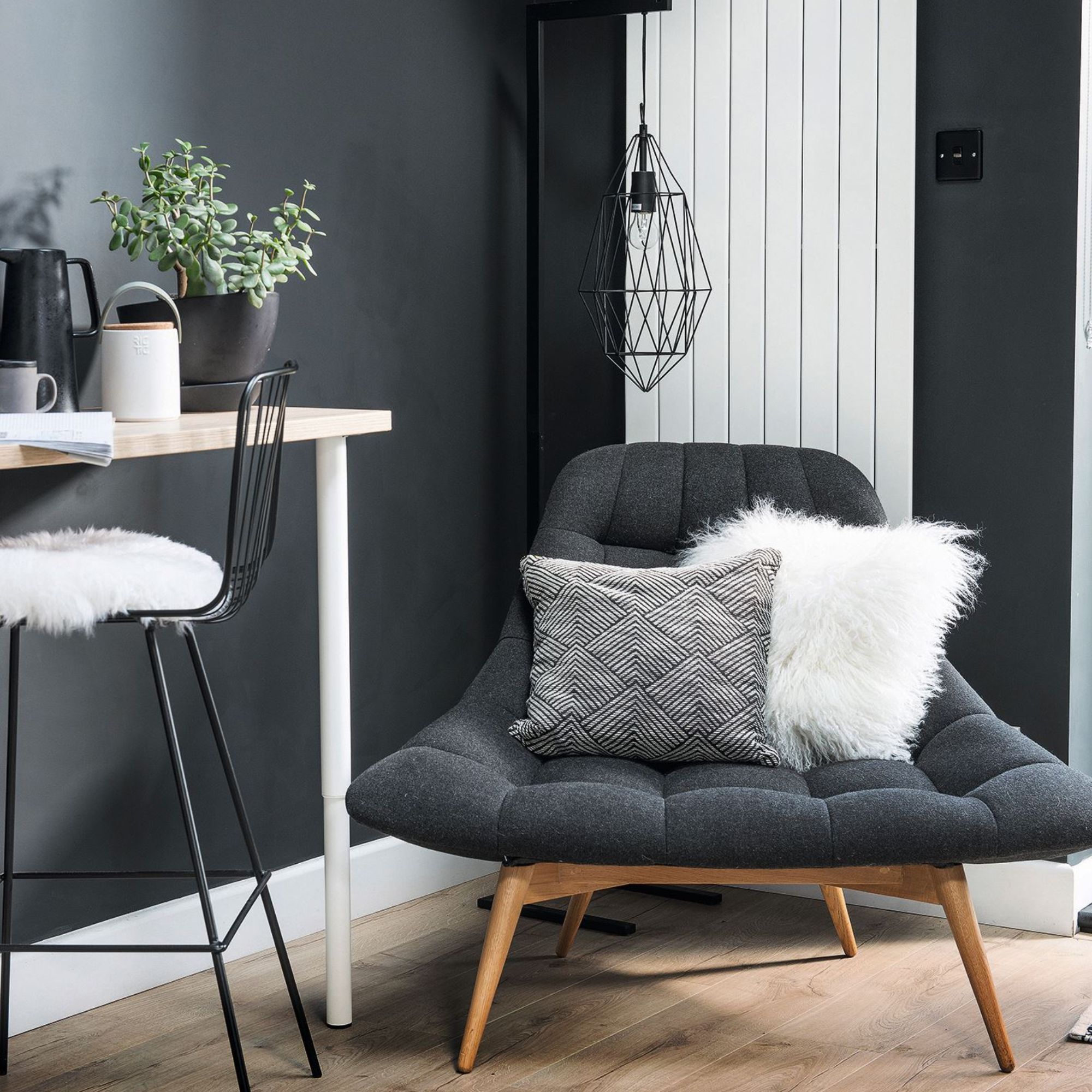How much does it cost to run central heating for one hour?
We’ve done the sums, and the real cost of heating your home may surprise you


This article has been updated to show the new cost to run based on the April 2024 Energy Price Cap. It has also been fact-checked and any out-of-date information removed.
EDITOR’S NOTE: An earlier version of this article included a quote from a purported expert whose credentials we have not been able to verify. The quote has been removed. We regret this lapse in our verification process and have updated our internal protocols to reduce the risk of recurrence.
For months, we’ve been bombarded with news of soaring energy prices and rising price caps, but do you know how much it really costs to run central heating for one hour? Well, we’ve done the sums, and the real cost of heating your home may surprise you.
If you're looking to save energy and save money on your monthly bills, understanding your central heating should be your first port of call. Your boiler is the heart of the home, and during the winter months, it’ll save you from the cold temperatures. Of course, this will come at a price - even if you only turn it on for an hour a day.
With the help of heating experts, we’ve got the lowdown on how much it really costs to run central heating for one hour. Plus, we’ve included tips on how you can save money on your energy bills without scrimping on warmth this winter.
How much does it cost to run central heating for one hour?
Turning on your central heating for an hour is one of the best ways to tackle the chill that can fill your house during the winter months. But while the exact cost of turning the heating on for an hour will depend on the size of your boiler and how well-insulated your house is, we can still get a general idea of how much it will set you back.
At the time of writing, and as a result of the April price cap drop, the energy price per unit for gas is 6p per kWh. If you have a 24kW boiler, which should serve an average house with 10 radiators, you should expect to pay around £1.44 an hour. For a 40kW boiler in a larger house with 20+ radiators, you’re looking at £2.40 an hour.

However, it’s important to note that these figures do not include a standing charge. At the time of writing, the current gas standing charge is 31.43p per day. So, that would equate to another 1.3p per hour.
The tariff for an electric boiler is also higher, with power required ranging from 3kW to 18kW, which would mean you should expect to pay anywhere between 75p and £4.50 to run for an hour based on the April electricity price cap of 25p per kWh. The size of your electric boiler in kilowatts will ultimately depends on the number of radiators – as a general rule you need 1.5kW per radiator.
Sign up to our newsletter for style inspiration, real homes, project and garden advice and shopping know-how
How to save money on your central heating
‘You can't control the cost of the gas coming in, but you can control the heat escaping from your house,’ says Nicholas Auckland, heating expert at Trade Radiators. There are so many ways to save money on your central heating while still keeping warm during the winter months, and these are just a few of them:
1. Improve your insulation
If you have a poorly insulated house and turn on your central heating - even for just an hour a day - you’re essentially throwing money out of the window. The money you spend on heating your house will just escape, making your boiler work overtime to replace the warmth that was lost. To combat this, Nicholas says, ‘Use draft excluders and seal any draughts around windows, door, and other openings to prevent heat loss. Extra insulation in the loft can also prevent heat loss.’
If you're not sure which ones to go for Kimberly Coutinho, draught-proofing buyer and expert at Robert Dyas recommends trying the stormguard rubber draught seal from Robert Dyas as her top pick.

2. Position your furniture correctly

Do you have furniture in front of the radiators? Do you have long curtains covering your heaters? If you answered yes to either of those questions, you could be paying more for your central heating than you think.
To get the most out of your heating, you should give it the best chance to heat your house without having any obstacles in the way. This means positioning your furniture away from radiators and making sure you close curtains or blinds at night to prevent heat loss through your windows.
3. Go down one degree
Everyone likes a toasty house, but one degree can make all of the difference if you're trying to save money on your central heating. Jess Steele, heating technology expert at BestHeating, says, 'Research proves that we put our heating on too high of a temperature during winter, so there is an easy saving to be made.
'Too many of us set the heating to 20°C or more, but 18°C should be comfortable enough. Turn the thermostat down by one °C to see how you feel, and by doing this, you can save around £80 or up to 10% on a gas bill.'
4. Maintain your radiators
You could be paying more for your central heating than you realise, especially if you don’t keep up with regular maintenance of your radiators. So, it’s important to check your radiators now and then, making sure you know why you're radiators aren't heating up. It might be that you need to bleed your radiators or perhaps flush your radiators, so it's worth investing in a radiator key, which you can pick up from £5 on Amazon to tackle these tasks early on in the colder months.
If you don’t, your boiler might have to work overtime to make up for your struggling radiators - increasing your energy bills in the process.
5. Turn off radiators in empty rooms

If your kids have flown the nest and their bedrooms remain empty, or your old WFH office isn’t needed now you’re back in-house, you may have some empty rooms in your house. Instead of wasting precious energy and money heating these rooms, it’s always a good idea to turn your radiators off in these rooms. This way, you can let your boiler focus its attention on heating the rooms that actually need to be heated.
6. Take charge of your thermostat
Once a room has warmed up to the temperature set on your thermostat, your boiler should switch off, so if you reduce this by a degree or two the boiler won't need to run for as long. Aim for somewhere between 18°C and 21°C.
7. Don’t turn it on at all
If you’re looking to save some serious money on your energy bills this winter, why not heat your home without turning the heating on at all? There are so many ways to do this, and you might not even notice the difference.
If going completely cold turkey sounds too much, though, you could just cut down on how often you use your central heating. If you tend to keep it on for two hours a day, cutting it down to just one hour per day over the course of a 30-day month will save you almost £50.
FAQs
How much does it cost to have the heating on for one hour UK?
If you have gas central heating, you’ll be happy to know that gas is significantly cheaper than electricity. However, having your heating on for just one hour can still make a dent in your energy bills. At the time of writing, turning on a 24kW boiler for one hour will set you back around £1.44 an hour. A 40kW boiler will be more at around £2.40 an hour.
Is it worth having heating on for one hour?
Yes, it can be worth it. Having the heating on for just one hour can take the chill off a cold house during the winter months, and if you have a well-insulated house, this can be enough to keep the whole house warm for the rest of the day.
However, experts suggest that you should only put the heating on when you need it. So, it may be worth reconsidering your timer and working out whether you really do need to put the heating on - even just for one hour.
Make sure you stay warm this winter, folks.

Lauren Bradbury has been the Content Editor for the House Manual section since January 2025 but worked with the team as a freelancer for a year and a half before that. She graduated with a Bachelor’s degree in English and Creative Writing from the University of Chichester in 2016. Then, she dipped her toe into the world of content writing, primarily focusing on home content. After years of agency work, she decided to take the plunge and become a full-time freelancer for online publications, including Real Homes and Ideal Home, before taking on this permanent role. Now, she spends her days searching for the best decluttering and cleaning hacks and creating handy how-to guides for homeowners and renters alike, as well as testing vacuums as part of her role as the Ideal Home Certified Expert in Training on Vacuums, having spent over 110 hours testing different vacuum models to date!